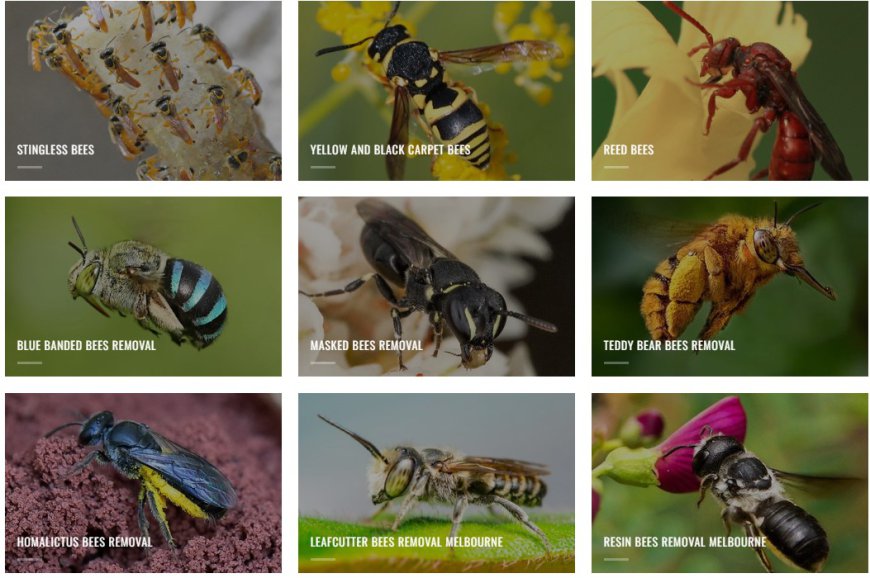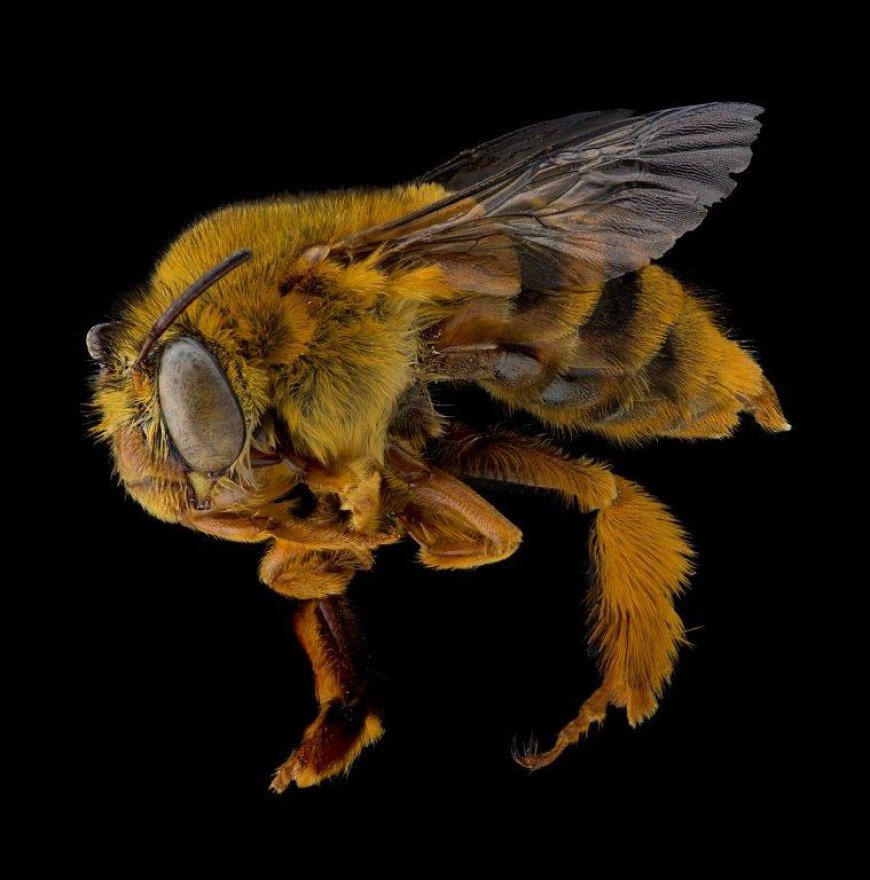Teddy Bear Bees in Australia: Where They Live and How to Handle Their Presence
Bee infestations can quickly become a serious problem, especially if the nest is present in a residential area
Australia is home to a diverse range of native bee species, including the charming teddy bear bee (Amegilla bombiformis). Known for their fuzzy golden bodies and solitary nature, these bees are beloved by gardeners for their role as efficient pollinators. However, their presence in gardens and around homes can sometimes raise questions about safety and proper management. At The Bees Removal Melbourne, we’re here to provide insights into where teddy bear bees live and how to handle their presence responsibly.
Where Do Teddy Bear Bees Live?
Unlike social bees that form large hives, teddy bear bees australia are solitary. They don’t build communal nests or live in colonies. Instead, their habitats are modest and often hidden from plain sight.
1. Ground Burrows
Teddy bear bees are ground-dwelling insects. They create burrows in sandy or loose soil, often choosing sunny spots that are well-drained. These burrows serve as their nests, where they lay eggs and store pollen as food for their larvae. If your garden has patches of exposed soil or sandy areas, it’s a potential nesting site for these bees.
2. Gardens with Native Plants
Gardens rich in native Australian flora are particularly attractive to teddy bear bees. Plants like grevilleas, bottlebrushes, and banksias provide an abundant source of nectar and pollen, making such gardens ideal habitats for these bees.
3. Open Fields and Woodlands
Beyond urban gardens, teddy bear bees thrive in open fields, forest edges, and other natural settings. They prefer areas with plenty of sunlight and access to a variety of flowers, which are essential for their foraging activities.
Are Teddy Bear Bees Harmful?
Teddy bear bees are generally harmless. They are non-aggressive and more interested in gathering nectar and pollen than interacting with humans. However, like most bees, they can sting if provoked or handled roughly. For individuals with bee sting allergies, any encounter with bees should be handled with caution.
The solitary nature of teddy bear bees means they don’t defend their nests aggressively like social bees, making them less of a concern for property owners.
How to Handle Teddy Bear Bees on Your Property
If you’ve noticed teddy bear bees around your garden or property, here’s how to handle their presence responsibly:
1. Observe from a Safe Distance
Teddy bear bees are fascinating to watch as they go about their pollination activities. Observe them from afar without disturbing their nests or foraging areas.
2. Create a Bee-Friendly Environment
If the bees are not causing harm, consider supporting their presence by planting more native flowers. This not only benefits the bees but also boosts your garden’s health.
3. Avoid Disturbing Their Nests
If you spot a burrow, avoid stepping on or digging near it. Keeping pets and children away from these areas minimizes the risk of accidental stings.
4. Contact Professional Bee Removal Services
In cases where teddy bear bees’ nests pose a safety risk or interfere with daily activities, it’s best to seek professional help. At Beehive Control Melbourne specialize in humane and eco-friendly bee relocation, ensuring the safety of both humans and bees.
Why Protect Teddy Bear Bees?
Teddy bear bees are vital to Australia’s ecosystem. As efficient pollinators, they support the growth of native plants, contributing to biodiversity and the health of gardens and natural landscapes. Protecting these bees ensures the continuation of their essential role in nature.
Final Thoughts
Teddy bear bees are a unique and valuable part of Australia’s natural environment. While their presence is generally harmless, understanding where they live and how to handle them responsibly is crucial for peaceful coexistence.
If you encounter teddy bear bees on your property and need assistance, contact The Bees Removal Melbourne. Our professional team is dedicated to providing safe and humane bee removal services, protecting both your family and the environment.
For expert advice or to book a consultation, get in touch with us today!


